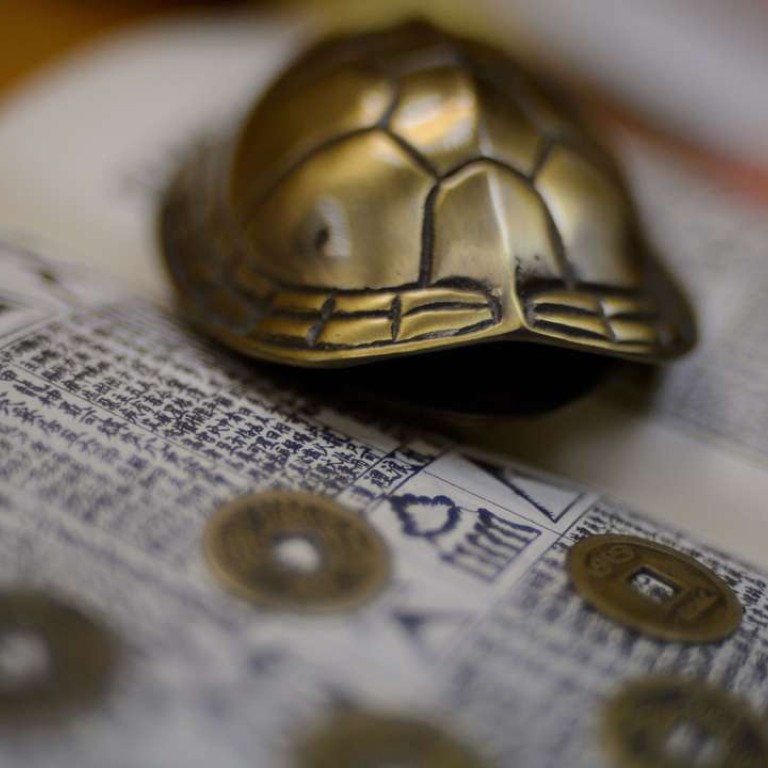
Don’t pass on false beliefs such as feng shui to our children – teach them science instead
Paul Stapleton says Hong Kong children must be taught the value of scientific inquiry in everyday decision-making, particularly in this post-truth world
Of course, the theme running through these stories concerns false beliefs about the world. And although the first story about the stock market may add a bit of levity to the seasonal atmosphere, the other two stories had severe consequences. Unfortunately, these types of stories appear all too often.
Year of the Rooster promises financial gain, but beware of market volatility
To some extent, the attraction we feel towards mysterious forces is natural. Throughout our evolution, before the advent of science, realities about nature were unknown to us. Some of our ancestors believed that thunder was a signal of unhappy gods. Likewise, disease was seen as punishment for wrongdoing. Our ancestors taught their children about imaginary causes, and because no better explanation was available, the beliefs became entrenched. Sadly, many of these beliefs remain with us today.
We owe it to the next generation to do everything we can to ensure we hear fewer stories about hapless victims of mumbo jumbo, or the slaughter of endangered species
How is it that blatantly false beliefs continue to dupe so many people? One reason may be that humans have strong propensities towards belief in the paranormal. Our brains are programmed to seek causes from effects. Providing simple answers to complex phenomena, using “evidence” such as the flow of energy (feng shui), is attractive in the hands of masters.
Linking causes to effects was an effective way to predict future events and thus enhanced our survival. Over the eons, just as it made good sense to our ancient ancestors to run when they heard the roar of a lion (a cause) to avoid being eaten (an effect), there was also no harm in praying to the gods to stop the thunder, which worked most of the time. Our ancestors who successfully connected causes with effects survived and passed their genes down to us.
So while we are predisposed to certain cognitive biases that operate automatically, there is another element that we have much more control over: the way we educate our children. Presently, our science curriculum does a good job of highlighting the importance of developing a curiosity in science and solving problems. One wonders, however, whether the principles of science learned in experiments in school labs are too distant from the everyday world experienced by our youth. Students become knowledgeable about how chemicals react, and the like. But, somehow, many do not end up applying even the most basic level of critical thinking in their everyday lives.
Hong Kong students’ lack of interest in maths and science should worry us
Science matters, and our children are falling behind

Paul Stapleton is an associate professor at the Education University of Hong Kong


